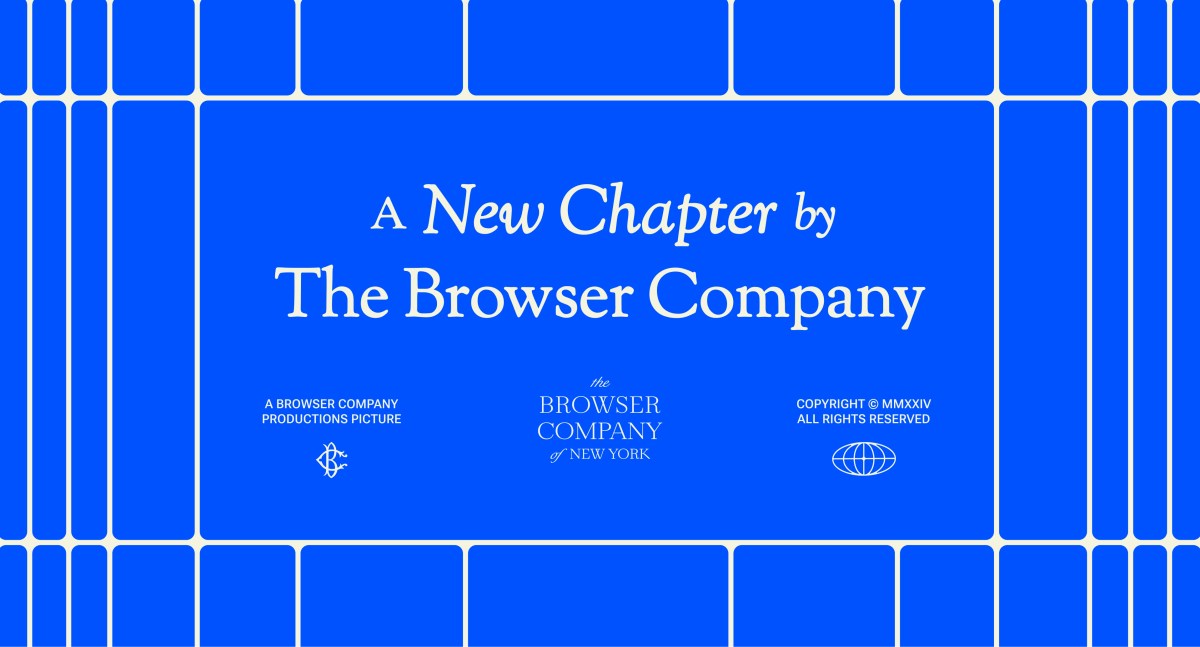- Sloth Bytes
- Posts
- 🦥Certifications Or Projects?
🦥Certifications Or Projects?

Hello friends!
Welcome to this week’s Sloth Bytes. I hope you had a great week 😁
I’ve been writing this newsletter for over a year now… and honestly? I’m still figuring it out as I go.
I really want to make sure this stays valuable (and fun) for you.
So I put together a short feedback form where you can share what you like, what you don’t, and what you’d like to see more of:

Join over 4 million Americans who start their day with 1440 – your daily digest for unbiased, fact-centric news. From politics to sports, we cover it all by analyzing over 100 sources. Our concise, 5-minute read lands in your inbox each morning at no cost. Experience news without the noise; let 1440 help you make up your own mind. Sign up now and invite your friends and family to be part of the informed.

Certifications Or Projects?

A lot of you asked me this question and I wanted to share my experience.
When I was first getting into programming, I thought certifications were a shortcut.
Who needs college when you can get a certificate. They’re both pieces of paper after all.
AWS certs, Google certs, Meta certs, if it had a shiny logo, I figured it would unlock the secret door to tech jobs.
Why did I think that? Probably because every job description looked terrifying.
They wanted experience, three different frameworks, and of course, a list of programming languages.
So naturally, I thought: if I can just collect enough certifications, maybe that’ll count as experience.
Well… for software engineer positions, I was wrong.
Side Projects Are The Real Shortcut
If you have no job experience, projects are probably your best bet.
They’ll take you further than most certificates.
IF you want to work as a software engineer.
Because think about it, employers don’t care if you can pass a multiple-choice test on AWS theory.
They care if you can actually build something that works.
Side projects usually beat certifications because they:
Show proof of skills → You don’t just say you know Python, you can show the project you built in Python.
Stories Sell → Interviewers probably get a hundred “I have AWS cert” candidates. What stands out is, “I built this app to solve a real problem.”
Force you to problem-solve → Certifications quiz you on recall. Projects make you wrestle with real-world messiness.
Build a portfolio → You can literally point to GitHub, a website, or a demo. Try demoing a cert.
Boost confidence → Nothing feels better than saying, “Yeah, I built that.”
Side Projects Don’t Have to Be Huge
Side projects don’t need to be enterprise-level apps, but they also can’t be too tiny.
A simple tic tac toe game won’t get you a job at Google (I think.)
What you need is the sweet spot:
A project small enough that you can actually finish, but meaningful enough that it shows you can solve a problem with code.
So how do you find that balance? Here’s the approach I wish I had when I was starting out:
Side Project tips
Pick one idea you’re curious about (don’t worry if it’s “useful”)
If you have no idea, try to build your own version of something that already exists.
Use popular technologies
Resume tip: Use the technologies that are in job postings
Make it so small you can’t procrastinate finishing it
Push it to GitHub, messy code and all (nobody’s gonna read it anyways)
Write a README in plain English (practice explaining your work)
Share it. Not for fame or to become a influencer, but to practice telling your story
Maybe someone will be impressed and you’ll gain a useful connection!
That’s it. Seriously. You don’t need a polished, production-ready app.
You just need to build something real and means something to you.
Are There Certifications That Actually Matter?
Okay, so let’s be fair. Not all certifications are useless.
Some do carry weight.
Usually in these scenarios:
Cloud certs (AWS, Azure, GCP) → If you’re going into DevOps, cloud infrastructure, or backend-heavy roles, these can help prove you know the ecosystem.
Cybersecurity certs (CompTIA Security+, CISSP, CEH) → These are almost a requirement if you want to work in infosec.
Specialized roles → If you’re in data (Google Data Engineer, AWS Big Data certs) or networking (Cisco CCNA), the certs show you understand the standards.
If those apply to you, definitely get those certificates. If they don’t, focus on building projects.


Thanks for the feedback!



Thanks to everyone who submitted!
grcc492, vilebile17, Melvis-07, 190-785, ZingBing, frogtheastronaut, gcavelier, Fireboy086, MihajloMilojevic, GuiBecko, Pardeshi-Aditya, AspenTheRoyal, Suji-droid, NeoScripter
Evaluating Simple Algebra
Given a string containing an algebraic equation, calculate and return the value of x.
You'll only be given equations for simple addition and subtraction.
Examples
evalAlgebra("2 + x = 19")
output = 17
evalAlgebra("4 - x = 1")
output = 3
evalAlgebra("x + 10 = 53")
output = 43
evalAlgebra("-23 + x = -20")
output = 3
evalAlgebra("10 + x = 5")
output = -5
evalAlgebra("-49 - x = -180")
output = 131
evalAlgebra("x - 22 = -56")
output = -34Notes
There are spaces between every number and symbol in the string.
x may be a negative number.
How To Submit Answers
Reply with
A link to your solution (github, twitter, personal blog, portfolio, replit, etc)
or if you’re on the web version leave a comment!
If you want to be mentioned here, I’d prefer if you sent a GitHub link or Replit!
That’s all from me!
Have a great week, be safe, make good choices, and have fun coding.
If I made a mistake or you have any questions, feel free to comment below or reply to the email!
See you all next week.
What'd you think of today's email? |
Want to advertise in Sloth Bytes?
If your company is interested in reaching an audience of developers and programming enthusiasts, you may want to advertise with us here.








Reply